Fact-Checks, Censorship: Zuckerberg's View

Table of Contents
Fact-Checks, Censorship: Navigating Zuckerberg's Complex Stance
Mark Zuckerberg's position on fact-checks and censorship is a nuanced and often controversial topic. His views, shaped by the immense power and responsibility Facebook (now Meta) wields, have evolved over time, sparking ongoing debates about free speech, misinformation, and the role of social media platforms in moderating content. This article delves into Zuckerberg's perspective, examining the complexities and contradictions inherent in his approach.
The Balancing Act: Free Speech vs. Misinformation
Zuckerberg has consistently presented himself as a defender of free speech. However, this principle is constantly weighed against the equally pressing need to combat the spread of misinformation and harmful content. This delicate balancing act is at the heart of Facebook's content moderation policies, policies that have faced intense scrutiny and criticism from various angles.
The Evolution of Facebook's Policies
Initially, Facebook's approach to content moderation was more laissez-faire. However, the rise of fake news, particularly during the 2016 US Presidential election, forced a significant shift. This led to the introduction of third-party fact-checking programs, partnerships with independent organizations to verify the accuracy of information shared on the platform. This move, while lauded by some as a necessary step, also sparked concerns about potential bias and censorship.
Fact-Checking: A Necessary Evil?
Zuckerberg's support for fact-checking is rooted in the belief that it's crucial to combat the spread of false narratives that can cause real-world harm. He argues that allowing misinformation to proliferate unchecked poses significant risks, including the potential for violence, political instability, and erosion of public trust. The implementation of fact-checking, in his view, represents a responsible attempt to mitigate these risks.
Criticisms of Fact-Checking Mechanisms
However, the very mechanisms designed to combat misinformation have drawn substantial criticism. Concerns about the potential for bias in fact-checking organizations, the lack of transparency in their processes, and the silencing of dissenting opinions have all been raised. Critics argue that fact-checking can be used to suppress legitimate viewpoints, creating an uneven playing field and potentially undermining freedom of expression. The question remains: who decides what is "truth" and who gets to define it?
Censorship: A Slippery Slope?
The line between fact-checking and censorship is often blurred, and this ambiguity lies at the heart of much of the criticism directed at Zuckerberg and Facebook's policies. While Zuckerberg advocates for a platform free of harmful content, critics worry that the power to define "harmful" rests in the hands of a private company with potentially subjective standards. This raises fears of a chilling effect on free speech, where users self-censor to avoid potential repercussions.
The Impact on Political Discourse
The implications for political discourse are particularly profound. Concerns exist that fact-checking mechanisms could be used to unfairly target specific political viewpoints, silencing dissenting voices and limiting the diversity of perspectives shared on the platform. This potential for political manipulation adds another layer of complexity to the already fraught debate.
Conclusion: An Ongoing Conversation
Zuckerberg's stance on fact-checks and censorship is not static; it reflects a continuous negotiation between competing values. The challenge lies in finding a balance between protecting free speech and safeguarding users from misinformation. This remains a critical conversation, involving not only Zuckerberg and Meta but also policymakers, researchers, and the public at large. The debate surrounding the role of social media platforms in shaping public discourse is far from over, and the evolving landscape requires ongoing critical examination. The future of fact-checking and content moderation on platforms like Facebook will likely involve further refinement and a constant reassessment of the trade-offs involved.

Thank you for visiting our website wich cover about Fact-Checks, Censorship: Zuckerberg's View. We hope the information provided has been useful to you. Feel free to contact us if you have any questions or need further assistance. See you next time and dont miss to bookmark.
Featured Posts
-
Pergola End Cuts
Jan 09, 2025
-
Landscaping Mexican Beach Pebbles
Jan 09, 2025
-
Captured Lynx Cairngorms Investigation
Jan 09, 2025
-
Ebert Furniture Company
Jan 09, 2025
-
Frames For Living Room
Jan 09, 2025